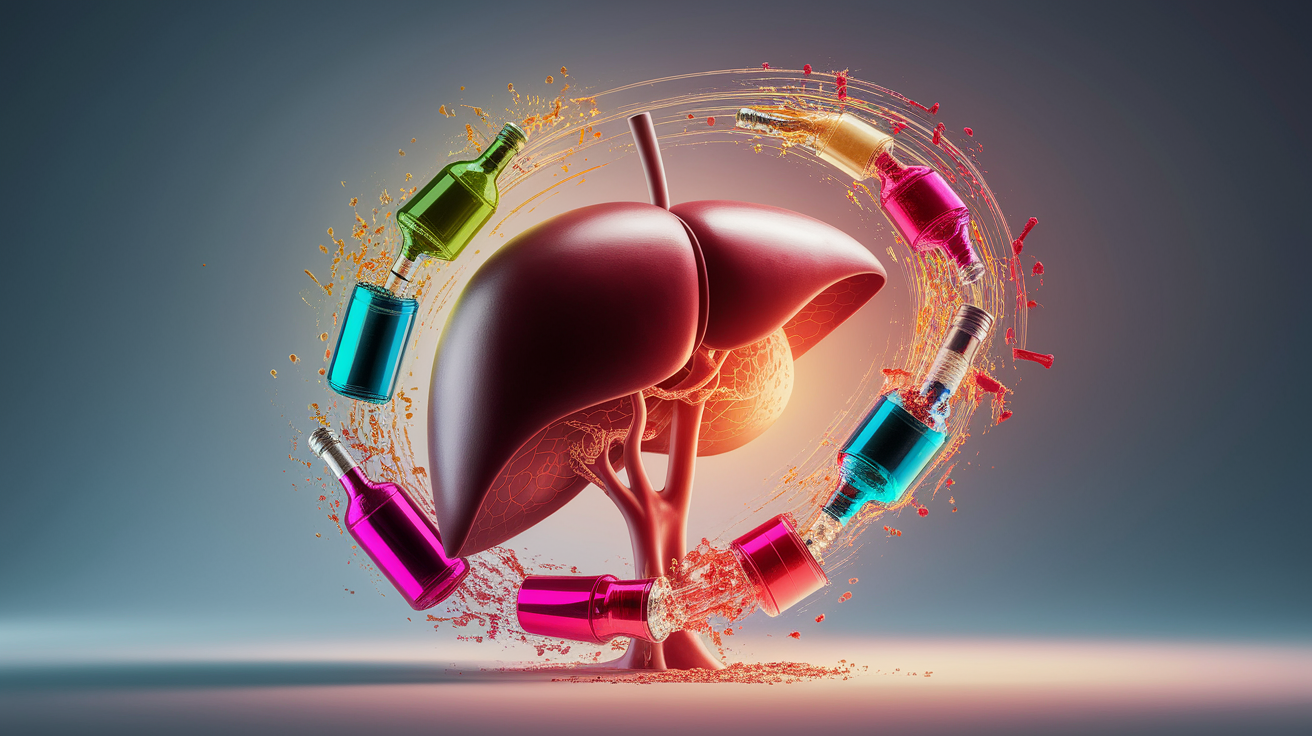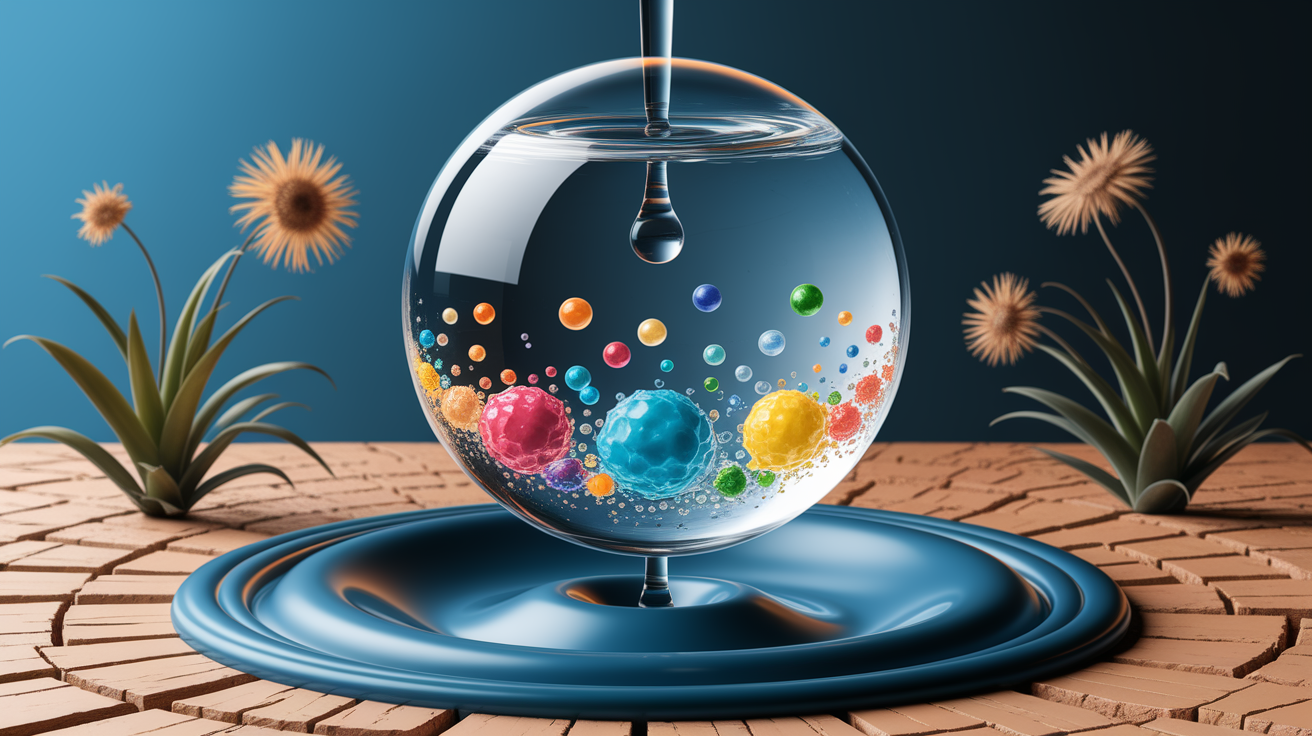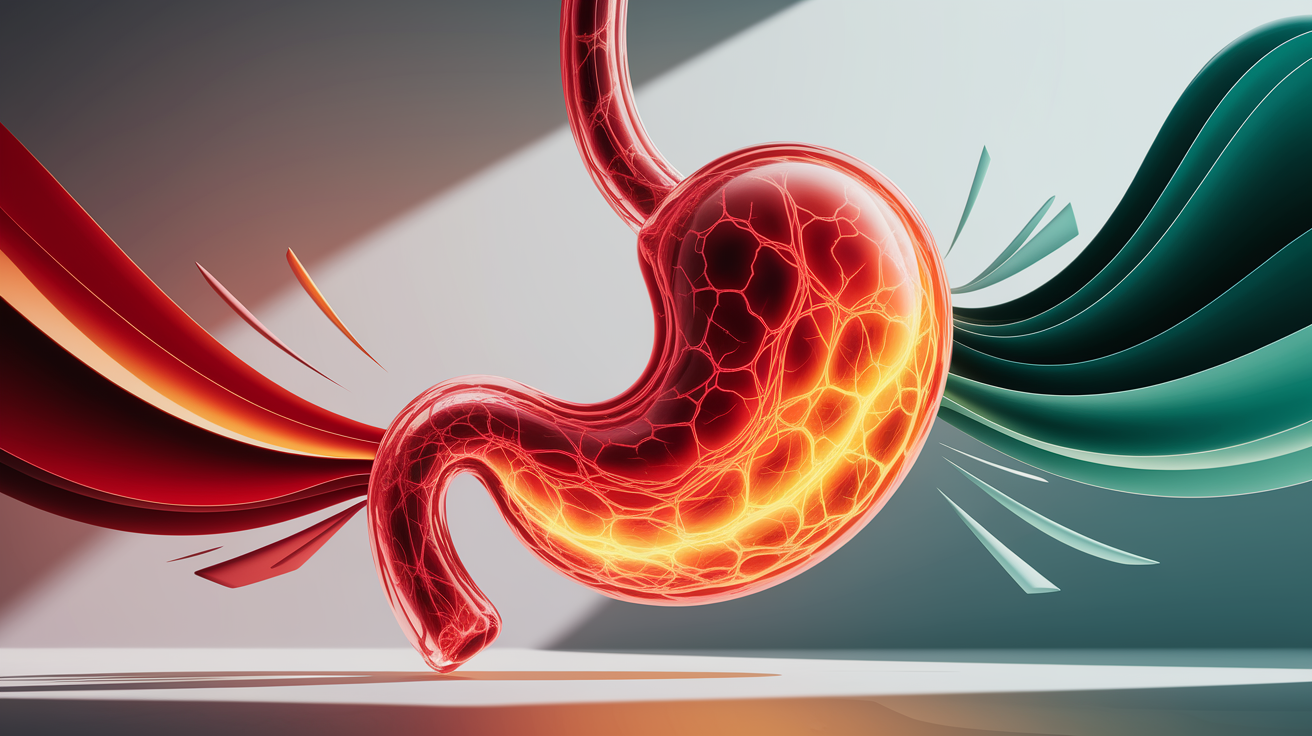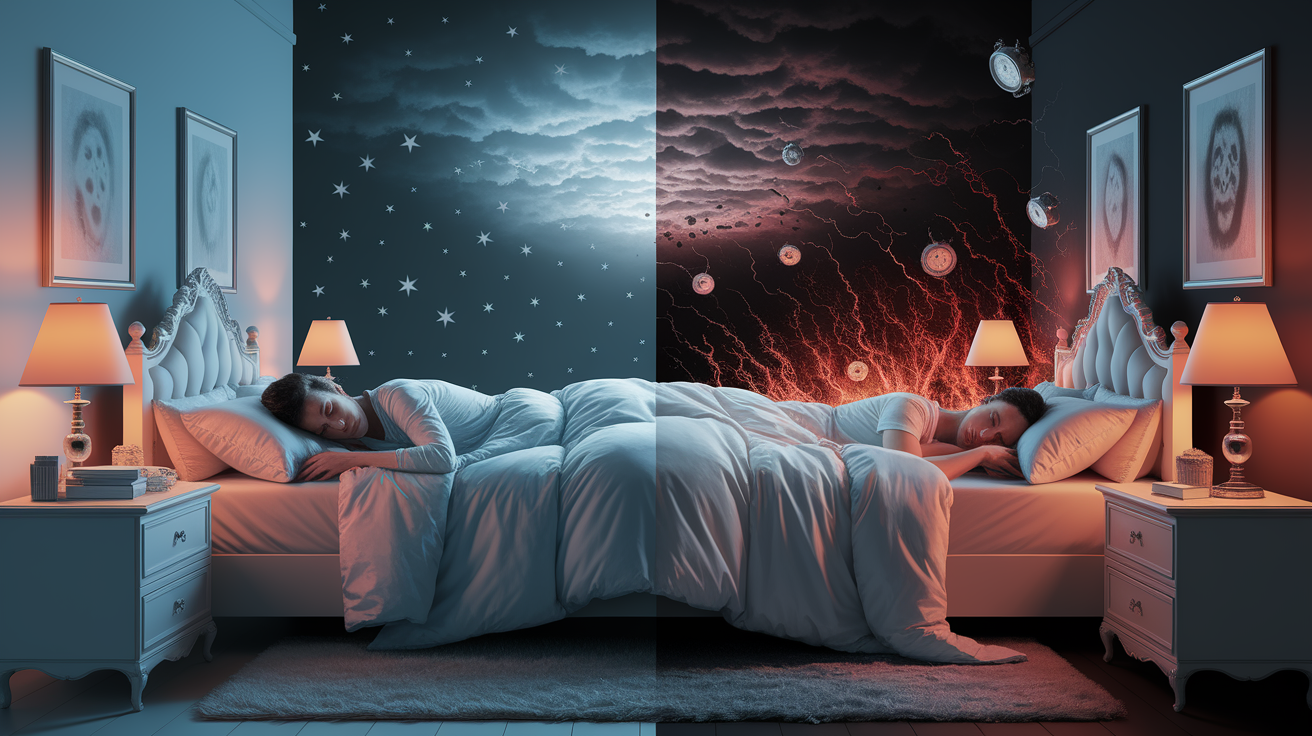Quick Answer: Hangovers happen because alcohol disrupts your body in multiple ways—your liver produces toxic byproducts, your hydration and electrolyte balance drop, your stomach gets irritated, your sleep quality collapses, and certain drinks add extra chemical trouble. Each of these factors team up to make your morning-after feel far worse than you expected.
Let’s Get to the Bottom of Your Headache
If you’ve ever wondered why do hangovers happen after drinking, the answer isn’t just “too much alcohol.” Instead, it’s a mix of body chemistry disturbances and physical stress. Alcohol affects everything from your fluid balance to brain signaling.
- Toxic chemicals from alcohol metabolism put stress on organs and tissues.
- Your brain reacts to dehydration and inflammation, which often leads to headaches.
How Your Liver Turns Alcohol into Trouble
Your liver works hard to process ethanol, but there’s a catch: it turns it into acetaldehyde, a toxic compound. This is one of the major drivers of hangover symptoms like nausea, headache, and fatigue. According to research on alcohol metabolism, acetaldehyde triggers inflammation throughout your body.

- Step 1: Alcohol dehydrogenase converts ethanol to acetaldehyde.
- Step 2: Aldehyde dehydrogenase breaks down acetaldehyde, but genetic differences can make this slower for some people.
- Methanol Factor: Alcohol also contains tiny amounts of methanol, which the body turns into highly toxic formaldehyde and formic acid when ethanol is no longer present.
- These toxins add to the severity and delayed onset of hangover symptoms.
The variability in enzymes explains why some people get hangovers more easily than others.
Dehydration and Lost Electrolytes
Alcohol suppresses vasopressin, your body’s antidiuretic hormone. Without it, your kidneys release too much water, leading to dehydration and electrolyte loss.

- Loss of potassium, magnesium, and zinc adds to fatigue and dizziness.
- Reduced B vitamins make low energy and poor focus even worse.
- Drop in blood sugar after drinking can cause weakness and shakiness.
Dehydration makes your brain temporarily shrink from fluid loss, which can add to headache intensity.
Your Upset Stomach and Inflammation
Alcohol is an irritant—it increases stomach acid production and can inflame the stomach lining. This leads to nausea, vomiting, and abdominal pain. According to scientific studies, alcohol also affects your gut microbiome and allows toxins to leak through the intestinal barrier, activating your immune system.

- Pro-inflammatory molecules like IL-6 and TNF-alpha spike after heavy drinking.
- Your immune system’s response adds to the achy, fever-like sensations during a hangover.
- Stomach irritation reduces nutrient absorption, compounding fatigue.
This is why many hangover symptoms feel similar to being mildly sick.
When Good Sleep Goes Bad
Alcohol often makes you sleepy at first, but it disrupts normal sleep cycles. NIH research points out that people wake more often and experience less restorative deep sleep after drinking.

- REM sleep—important for memory and mood—is shortened.
- Sleep fragmentation leaves you feeling exhausted despite sleeping for hours.
- Body temperature rhythms are altered, worsening discomfort and malaise.
This explains much of the fatigue after drinking, even if the night was “long enough.”
Dark Drinks and You: The Congener Effect
Certain alcoholic drinks—especially darker ones like whiskey, brandy, and red wine—contain more congeners. Congeners are chemical compounds that add flavor and color, but they also intensify hangover symptoms. As Mayo Clinic explains, these compounds increase the toxic burden your body must clear.
- Dark liquors tend to produce more severe hangovers than clear liquors like vodka or gin.
- Individual factors—like genetics, drinking habits, food intake, and even mood—affect susceptibility.
- Some people may experience worse symptoms due to slower metabolism of these compounds.
Wrapping It Up: Your Roadmap to Relief
Hangovers are the result of several overlapping processes—liver toxin buildup, dehydration, gut irritation, sleep disruption, and extra chemical load from congeners. Understanding how alcohol metabolism leads to hangovers can help you minimize them.
- Pace yourself and drink water between alcoholic drinks.
- Eat nutrient-rich foods before and after drinking to support recovery.
- Favor lighter-colored beverages to reduce congener intake.
- Allow yourself proper rest and hydration the next day.
While hangovers can’t be completely avoided, a bit of science-backed know-how can make that dreaded morning feel a whole lot more manageable.













